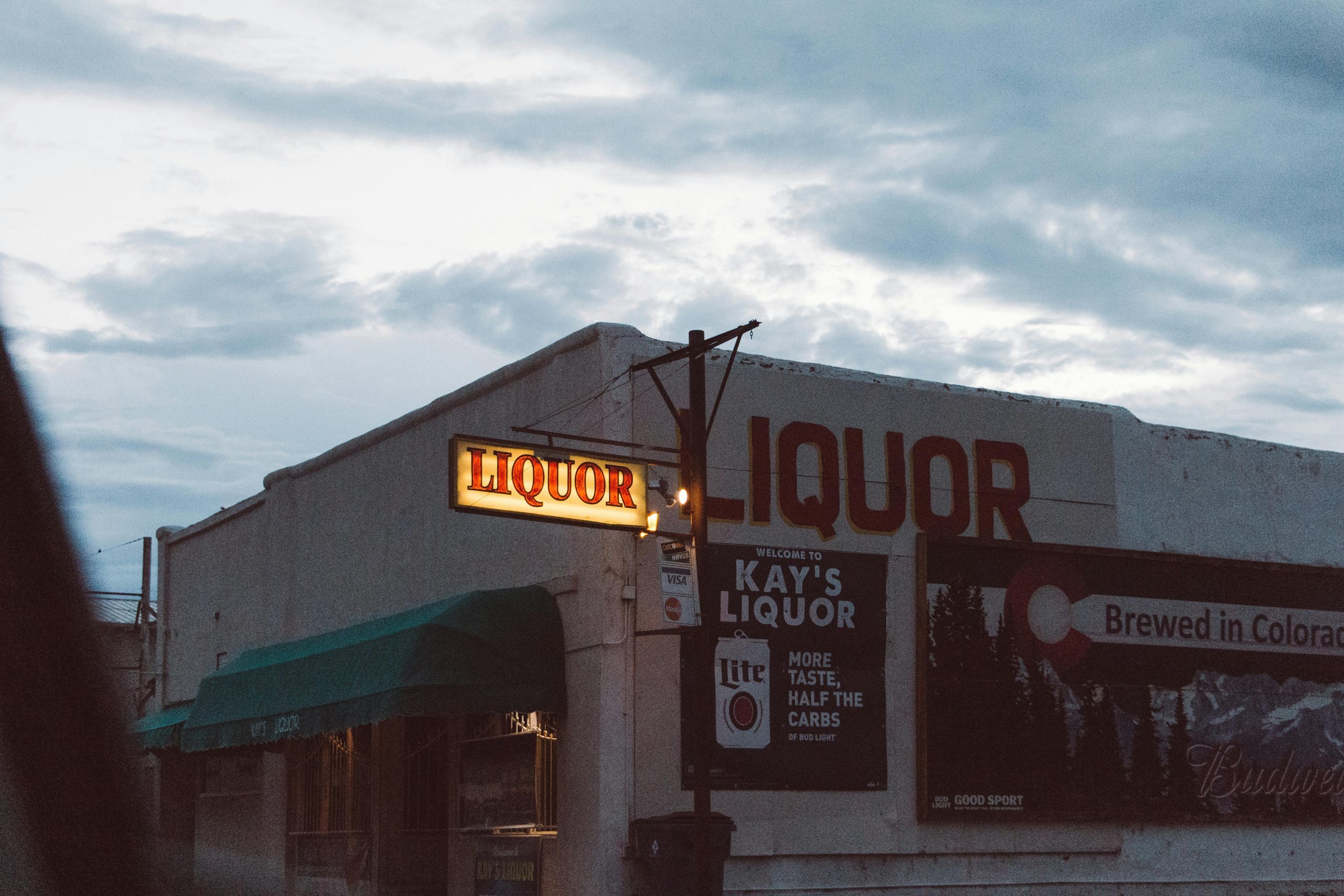Your cart is currently empty!

Steven Coulson
Steven has been drinking beers, wines and spirits for decades and has a propensity to go about them at length after a few drinks.
Latest Posts
- My wife found out our favorite Gin for martinis was discontinued. I think we are good for a while…

- Oregon Road Trip: Freeland Spirits Garden Botanicals Gin

- Botanist with Trader Joe’s Lemon and Elderflower Soda

- I’m one of the worlds leading buyers of craft gin in the world and a international spirit judge AMA

- I’m blown away…. By how let down I am by this Gin.

Categories
Tags
Social Links

The Psychoactive Properties of Hops: An Exploration
When it comes to beer, particularly IPAs, opinions can vary drastically. One thing I firmly believe, however, is that hops possess psychoactive qualities. This conviction stems from my own experiences and some intriguing experiments with different beer styles.
Previously, I shared my preference for IPAs with intensely high International Bitterness Units (IBUs). While I received a mix of agreement and skepticism regarding my view, some attributed my preference to the higher alcohol content commonly found in these brews. Curious to delve deeper, I decided to take a closer look at various types of IPAs and their effects.
Through my exploration, I discovered “Cold” IPAs, which boast a lower hop content yet have a comparable alcohol by volume (ABV) to many West Coast IPAs. On the flip side, Imperial IPAs often pack an impressive ABV without necessarily delivering on hop intensity. Interestingly, neither of these styles resonated with me, while a well-crafted West Coast IPA with moderate ABV felt like a triumphant experience.
What stands out the most about hoppy beers is the unique sensation they provide, which differs inherently from the typical alcohol buzz. Instead of just feeling inebriated, I find myself experiencing a cerebral energy, almost akin to euphoria.
This has led me to ponder whether hops can indeed be psychoactive under specific conditions. My theory suggests that the fermentation process might enhance their bioavailability. Additionally, the interplay between alcohol and hop compounds may aid in crossing the blood-brain barrier, intensifying their effects.
Importantly, this isn’t a mere sensitivity to hops. I encounter none of the negative reactions associated with allergies—no itching or hives—just an uplifting sense of joy.
This brings me to an interesting point: Why have hops been such an integral component of brewing for centuries? Historically, hops weren’t always included in beer recipes, but once their benefits were identified, they quickly gained universal acceptance. There must be a compelling reason for hops to have become so entrenched in brewing traditions worldwide.
In conclusion, my ongoing exploration of hops has revealed fascinating possibilities regarding their psychoactive effects. Whether it’s a unique physiological reaction or simply the joy they bring, it’s clear that hops have secured their place in the hearts of beer lovers for a reason. As I continue to experiment and learn, I remain excited about what else I might uncover in the world of hops and brewing. Cheers to that!
